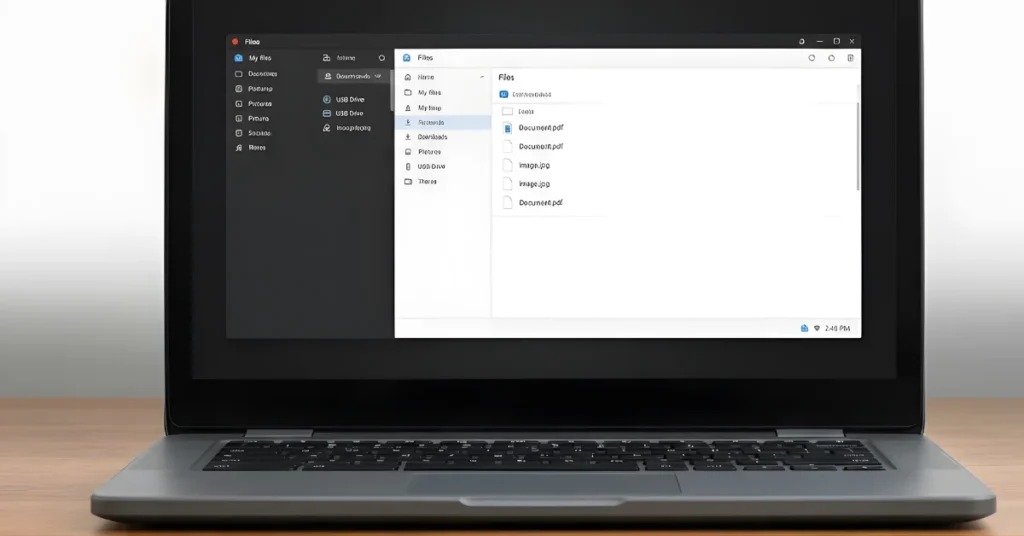If you’ve ever dreamed of becoming a subject expert or contributing something valuable to your field, pursuing a PhD in India can be a fulfilling journey. But many people don’t know where to begin. What’s the eligibility? How long does it take? Can you do an online PhD in India? This guide is here to simplify everything about how to do PhD in India. Whether you’re a student planning ahead, a working professional looking to upgrade, or just someone curious about academia, you’ll find everything you need right here.
Let’s break it down in the most practical and easy-to-understand way.
What is a PhD and Why Pursue It?
Before diving into the process, let’s understand what a PhD really is. PhD, or Doctor of Philosophy, is the highest academic degree awarded in most fields of study. It involves deep research, thesis writing, and a significant contribution to existing knowledge. People usually pursue it to enter academia, research-based roles, policymaking, or for personal fulfillment.
Eligibility: Who Can Apply for a PhD in India?
This is the first checkpoint before applying.Generally, you need:
- A Master’s degree (or equivalent) in a relevant field with minimum 55% marks (50% for reserved categories).
- For technical fields, a valid GATE score may be required.
- For general and social sciences, clearing UGC-NET / CSIR-NET / JRF is often preferred or mandatory in some institutes.
Some institutes also conduct their own entrance exams and interviews before admission.
If you’re planning your path early, understanding how to become a Judge in India or any civil/academic role can help decide whether a PhD aligns with your career goals.
How to Apply for PhD in India?
This is where things get real. Here’s a step-by-step breakdown of how to apply for PhD in India:
1. Choose Your Subject and Research Area
Pick a subject you are passionate about. A PhD is a long journey, and your interest in the topic will keep you going.
2. Find Universities and Supervisors
Shortlist universities offering PhDs in your chosen subject. Look for supervisors whose research interests match yours. Check their past work and publications.
3. Clear the Required Entrance Exams
Depending on the university and field:
- UGC-NET or CSIR-NET for non-technical subjects
- GATE for technical streams
- Institutional tests like IITs, IISc, DU, JNU, BHU, etc.
4. Prepare a Research Proposal
Some institutes require you to submit a research proposal along with your application. This outlines what you plan to research and how.
5. Apply Online or Offline
Fill out the application forms of your target institutes. Pay the fee and upload required documents.
6. Attend Interviews or Written Tests
Most universities conduct a research entrance test (RET) or an interview round to evaluate your proposal, subject knowledge, and interest in research.
Once selected, you’ll receive an offer letter and be admitted as a research scholar. If you’ve ever asked how to become a Teacher at the university level or a researcher in a reputed institution, a PhD is often the required path.
PhD Duration in India: How Many Years for PhD in India?
One of the most asked questions is how many years for PhD in India. Here’s a general idea:
| Type of PhD | Typical Duration |
| Full-Time PhD | 3 to 5 years |
| Part-Time PhD | 4 to 6 years |
| Integrated PhD Programs | 5 to 6 years |
Some students complete it in 3 years, but most take 4–5 years, especially when fieldwork, experiments, or publications are involved.
The PhD duration in India may also depend on your institute’s guidelines, supervisor expectations, and the complexity of your research.
Can You Do an Online PhD in India?
The idea of an online PhD in India is gaining popularity, especially among working professionals. But there’s a catch. As per UGC guidelines, only a few institutions offer distance or online PhD programs, and most of them still require physical presence for viva, research work, or submission of the thesis.
Some options to consider:
- IGNOU (Indira Gandhi National Open University) offers PhDs with part-time flexibility.
- Private or foreign universities with collaboration in India (but verify UGC recognition).
Just remember, online PhDs are not as widely accepted in India as full-time ones from UGC-approved universities.
What Happens After You Enroll?
Once admitted, here’s what your PhD journey may include:
- Coursework (6 months to 1 year)
- Literature Review and narrowing research scope
- Fieldwork / Lab work / Data collection
- Progress reviews and presentations
- Publications in peer-reviewed journals
- Thesis writing
- Pre-submission defense and final viva
Throughout this journey, you’ll be in regular interaction with your supervisor and possibly co-supervisors or mentors from other departments.
If you’re passionate about research and societal change, pursuing a PhD can also be a step toward public administration roles like how to become District Magistrate, where analytical thinking is highly valued.
Tips to Succeed in Your PhD Journey
Doing a PhD is not just about intelligence. It requires discipline, patience, and consistency. Here are a few tips:
- Choose a topic you genuinely care about.
- Maintain a regular writing and research schedule.
- Build strong academic networks and attend seminars/conferences.
- Publish in recognized journals early in your journey.
- Be mentally prepared for setbacks. It’s part of the process.
- Seek emotional and peer support, it helps more than you think.
If you’re still exploring your career path, we recommend checking out other in-depth guides on how to become a Pilot in India or how to become SEBI registered research analyst, depending on your interests.
And if you’re curious about more “How To” questions across education, careers, and life hacks, you can always count on NutBolt India, your trusted destination for reliable, well-researched, and easy-to-digest answers.
Final Thoughts:
A PhD in India can open doors to careers in academics, research, consultancy, think tanks, and even top-level government advisory roles. It’s a long but rewarding path that shapes not just your resume, but your mind. Now that you know everything about how to do PhD in India, it’s time to decide if this path aligns with your goals. With the right intent, preparation, and mindset, your doctoral dreams can become a meaningful reality.













